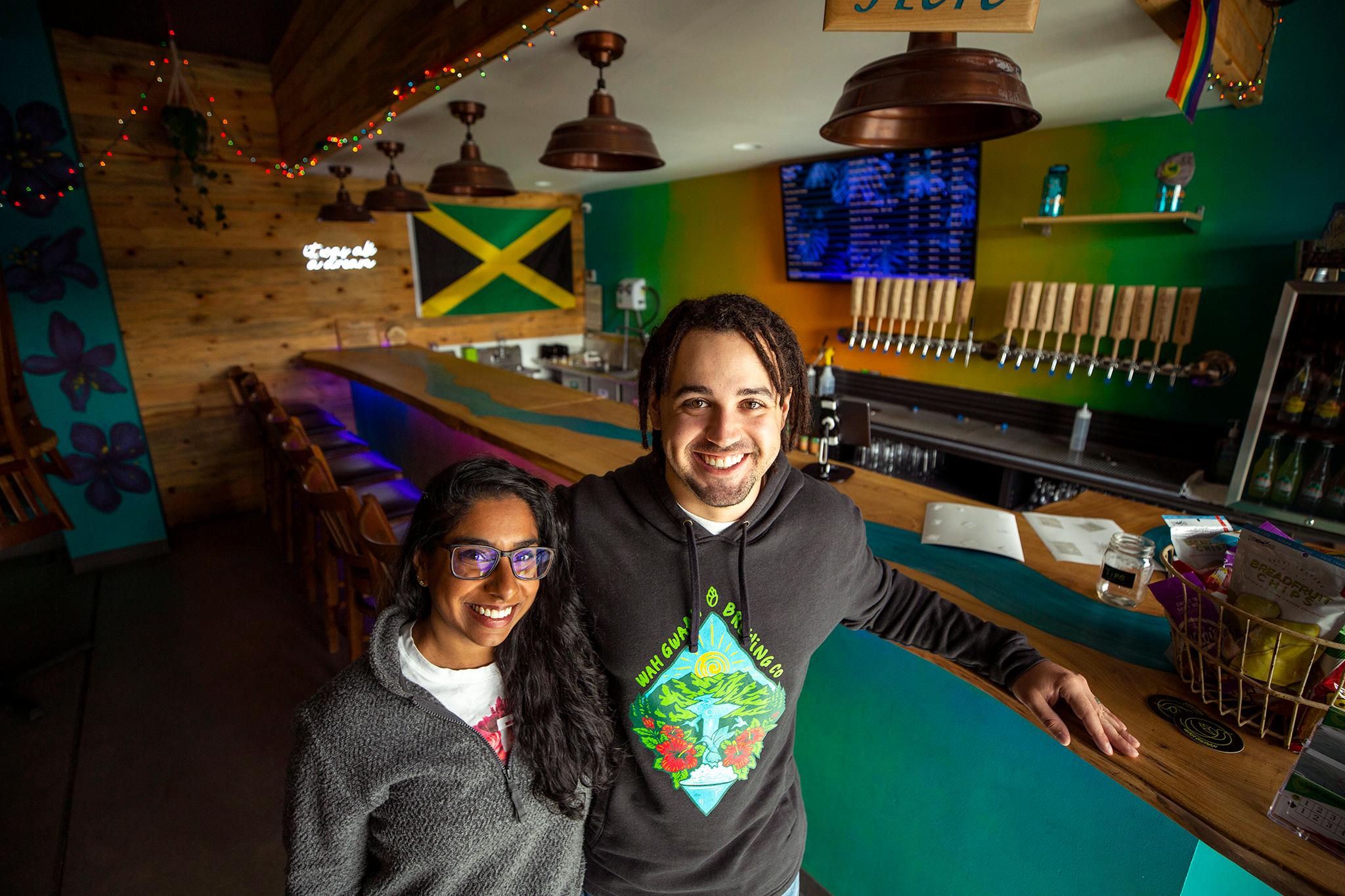There are no shortages of breweries and dispensaries in Denver.
As of Feb. 1, there are about 200 retail and medicinal dispensaries in the city. And according to the Brewers Association, we have 94 breweries.
What there is a shortage of? Black-owned breweries and dispensaries.
There are only three Black-owned breweries in Denver: Novel Strand Brewing Co., on Cherokee Street and 1st Avenue in the Baker neighborhood; Hogshead Brewery, off Tennyson Street and 29th Avenue in West Highland; and Wah Gwaan Brewing Company, near Santa Fe Drive and W. 8th Avenue in Lincoln Park.
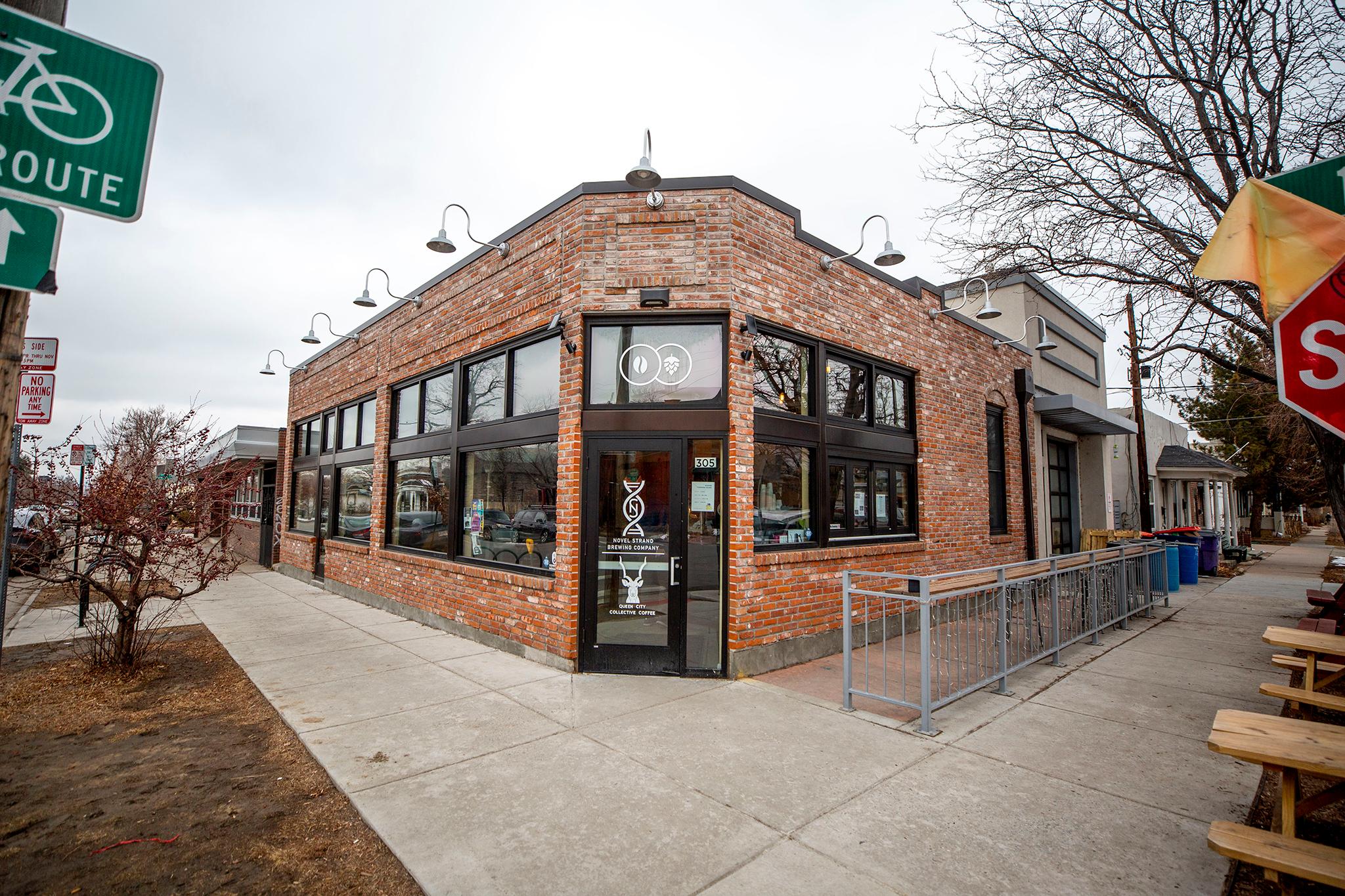
There are also three Black-owned dispensaries: Simply Pure, on Tejon Street and West 32nd Avenue in Highland; Lemonnade, on Washington Street near Interstate 70 in Globeville; and Solace Meds, which has two locations in Denver, one on South Broadway in Rosedale and the other in South Park Hill on East Colfax Avenue.
The trend is even worse in the metro area. There's Outworld Brewing, in Longmont, and Red Roots Dispensary (formally Aroma Dispensary), in Commerce City. That's it.
So, why?
One could argue it's a population thing. According to the 2020 Census, 715,000 people live in Denver. About 10% of residents identify solely as Black or African-American compared to the 54.9% or so of people who identify as solely white.
But Harsha Maragh and Jesse Brown, owners of Wah Gwaan, think the problem is rooted in more than just demographics.
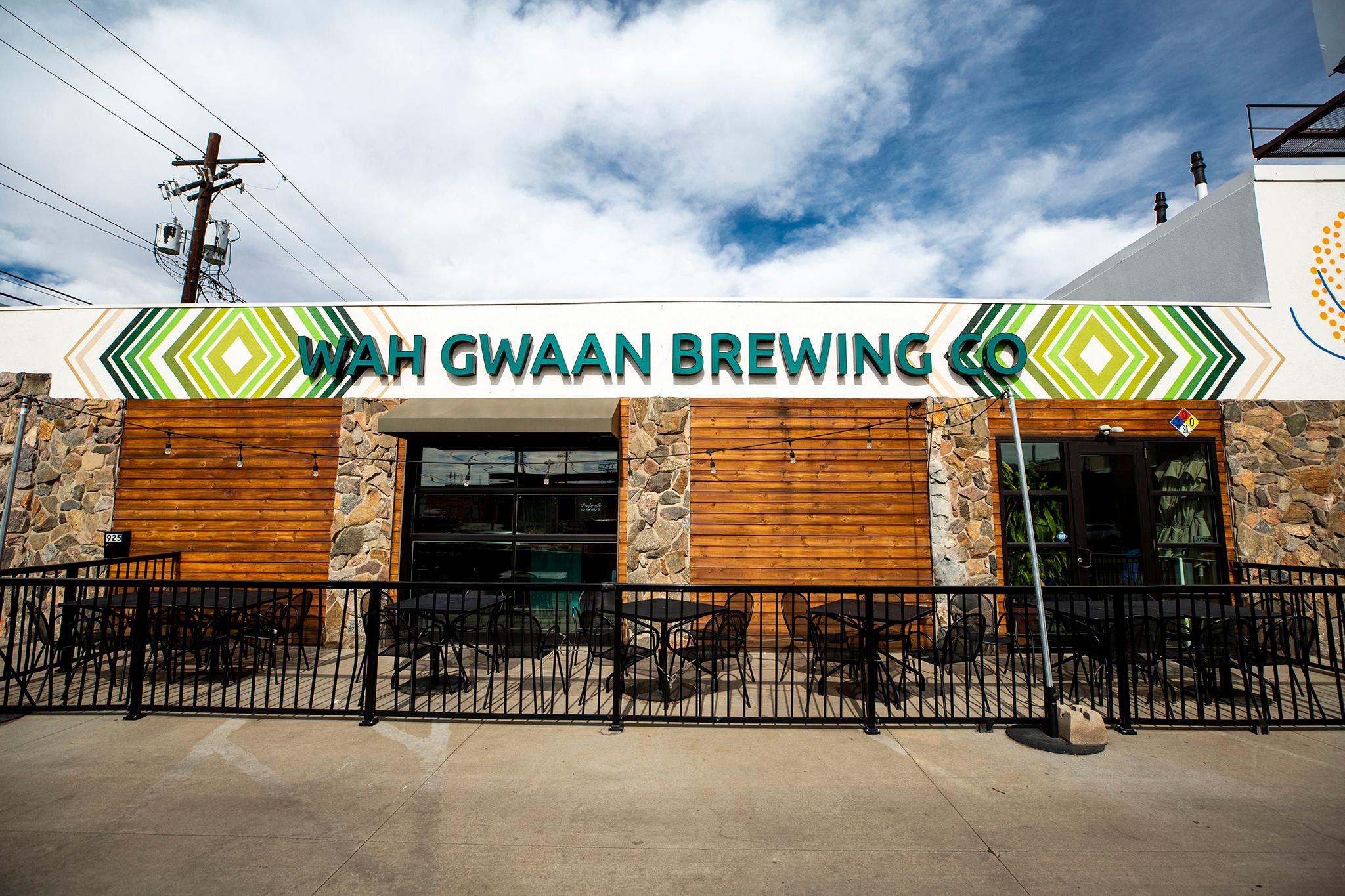
The couple, who opened their Jamaican- and Caribbean-themed brewery on Juneteenth, said the issue stems from a lack of equity, or equal opportunities across the board.
"You don't get diversity and inclusion without equity," Brown said. "There's a lot of people in this country who believe that there should be more equity for people of color and people know how to get to an equitable place but they know the road is hard...people don't really acknowledge their privilege...so it's hard because they need to put their pride to the side."
Wanda James, the co-owner of Simply Pure, said there's also an equity issue in the marijuana industry. The marijuana industry is far more regulated than breweries, and until recently there was a cap on dispensary and cultivation licenses.
According to data released by the Colorado Marijuana Enforcement Division in January, out of the 1,661 Coloradans with an owner license, only 48, or 2.9%, identify as Black.
"Denver gave all of its licenses to white male owners and now, there are no spaces available in Denver," James said.
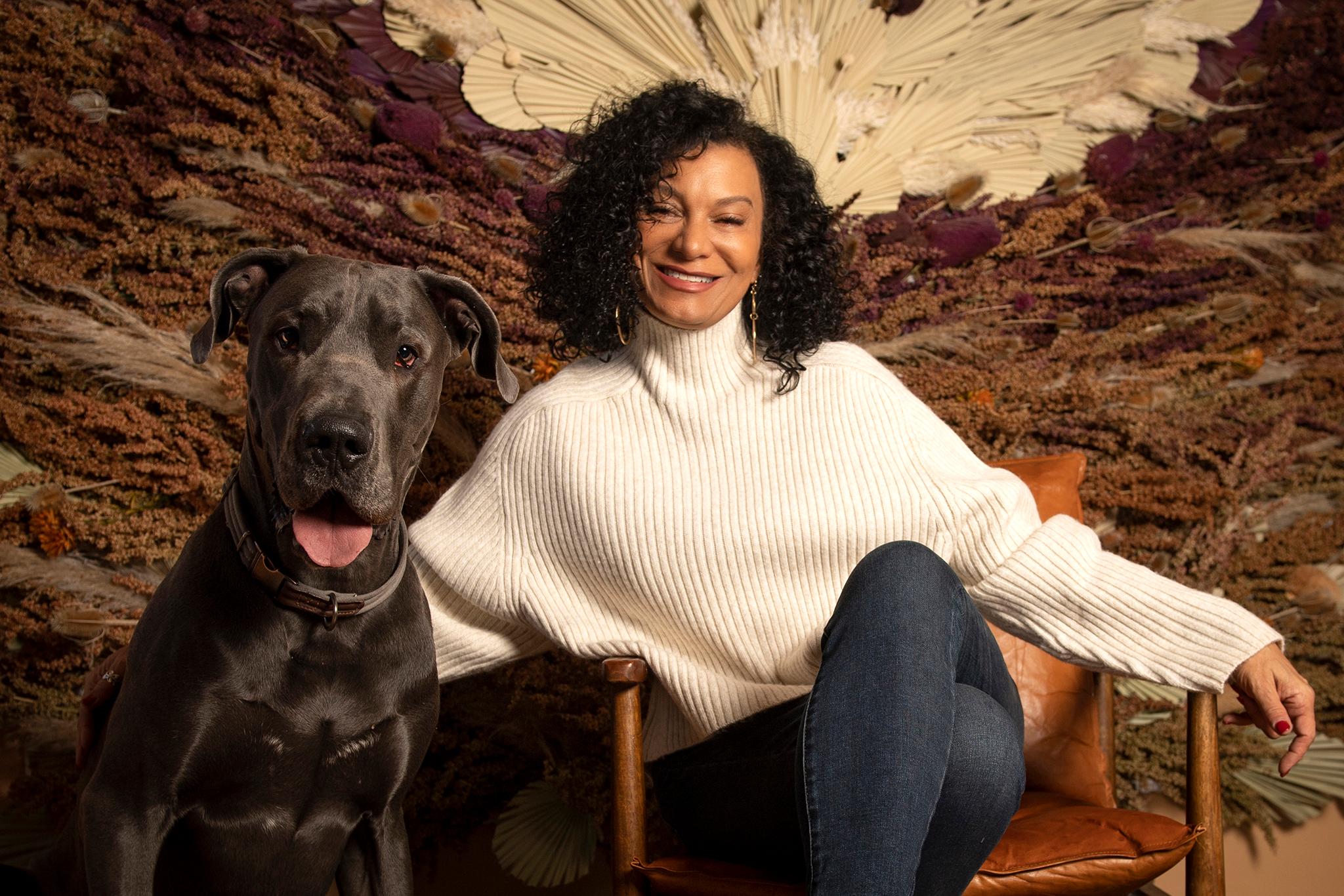
What's making these white-dominated fields inequitable? First, let's define equity.
Unlike equality, equity acknowledges that not all individuals are the same and they often do not have the same tools to accomplish a task. So while equality means giving everyone a tool, equity takes it step further by making sure everyone gets the tool that works for them.
James and Brown said the problem lies in capital and, beneath that, systemic racism.
"When you don't have any sort of generational wealth or any sort of investment, how can anyone join? You might say the doors are open, but are they really?" Brown said. "When there's a lack of generational wealth or investment with people of color, they can't just put their house on the line and get a loan. The loans that people of color get approved for tend to be micro-loans. They tend to be revolving credit. They tend to be things that keep you in the cycle of debt."
Brown and Maragh are both college educated. Brown is also a Marine veteran. But they both said that when it came time to get a loan, they were required to have far more qualifications than their white counterparts.
Maragh said big lenders asked about their experience (they started off as home brewers) and weird questions, like whether they planned to work while they owned the brewery.
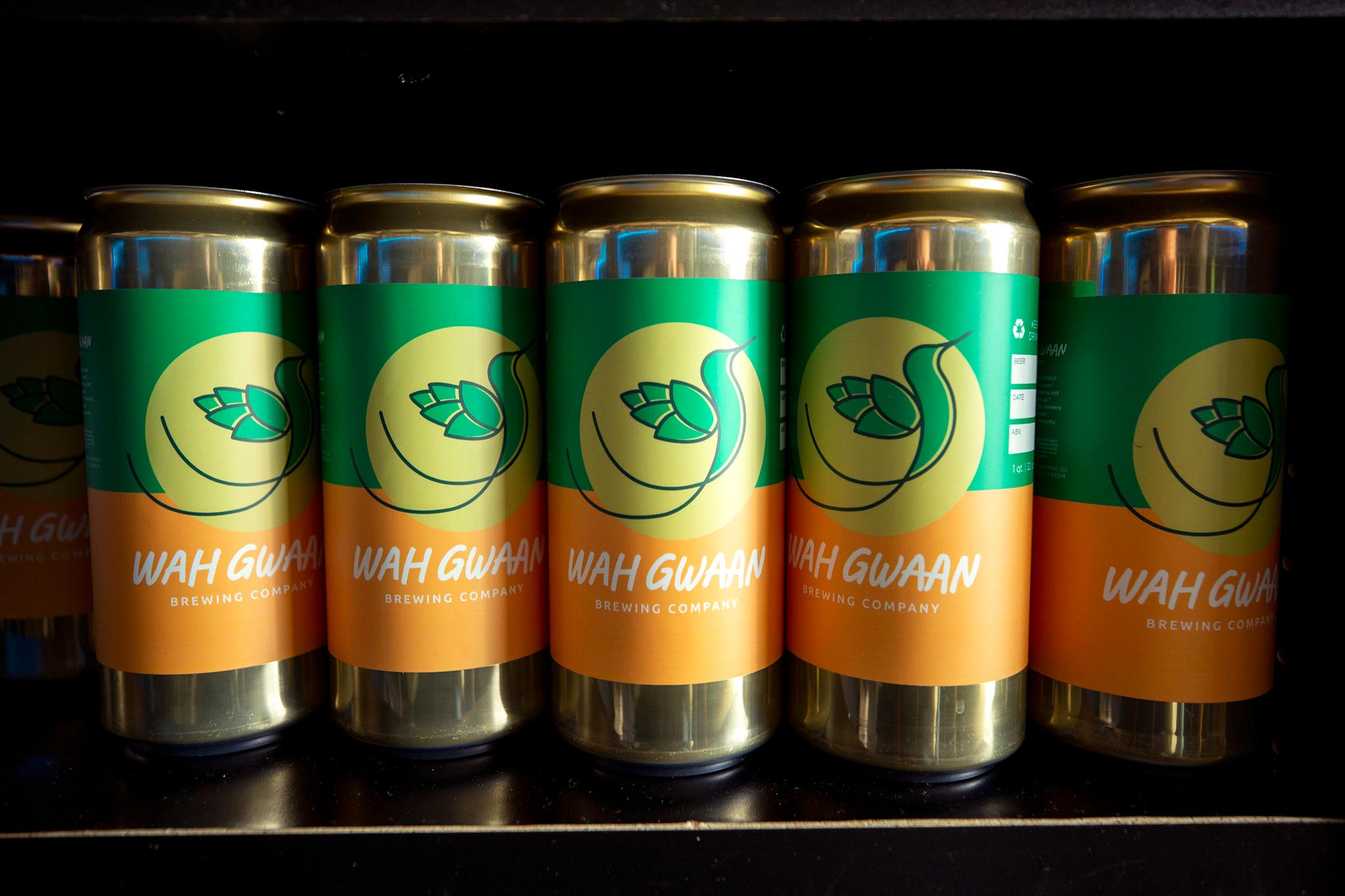
"We did plenty of research. Hired an experienced brewer. We went to different financial institutions with our business plans and projections, and none of it mattered," Maragh said.
Brown added, "There's an entire group of people in this country that feel us on this level. We have the same qualifications, but don't receive the same access to capital or access to really anything."
James sees similar trends in the marijuana industry. Since marijuana isn't federally legal, getting a loan from a bank is already difficult, which means funding sometimes has to come from private equity. James said that can lead to predatory lending.
Rod Bernstine is the co-owner of Solace Meds and a former NFL player who played for the San Diego Chargers and the Denver Broncos. He said when he was interested in entering the marijuana field, banks were not interested in giving him any loans.
"I remember going out trying to get my first loan with someone and it was like pulling teeth," he said.
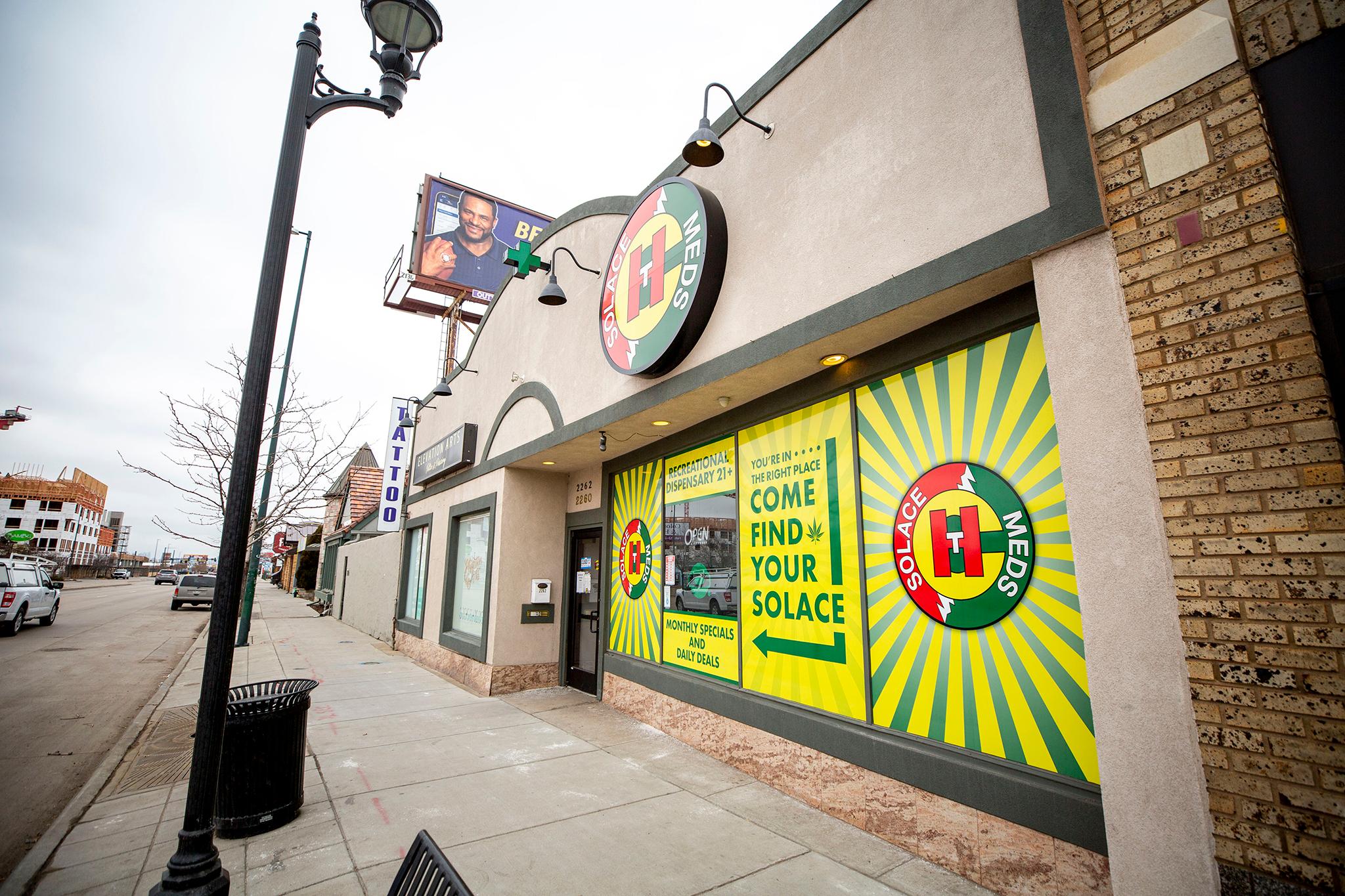
Bernstine soon found a partner but he acknowledged that his time as a professional athlete may have helped.
Neither industry can control how lenders see Black applicants, but there are ways to level the playing field.
On the brewing side, Brown said the industry could spread the wealth. Fellow brewers can invest in Black-owned spaces, similar to how the tiny Black brewery community supports each other. Brown said he's visited with Chantel Columna, a co-owner of Novel Strand, and Brown and Maragh want to head to Longmont to see Outerworld, if they get the time.
But Brown said the path to equity is difficult, especially if the people with power don't follow through.
"We as an industry could do better in sharing the wealth and being a better community and better to each other," Brown said. "It's not like we don't have the Brewers' Association here in the state that can advocate for these things. They say that they do, that they want to provide that equity into the industry, but I see a vast disconnect on how that actually ends up playing out in the real world."
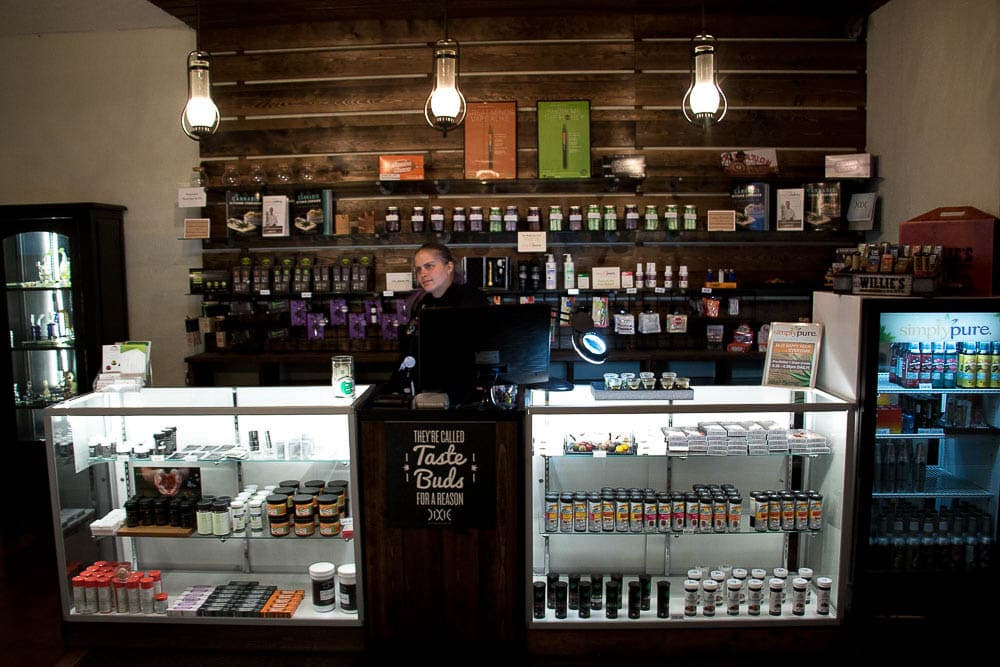
On the marijuana side, the social equity marijuana licensing program that was signed into law on April 20 could help. For the next six years, Denver will reserve all new marijuana licenses for so-called social equity applicants. Denverites considered for the program must meet one of the following criteria: they lived in an area from 1980 to 2010 that was disproportionately affected by the "war on drugs," they or a relative were arrested and/or convicted of a marijuana offense, and their income doesn't exceed 50% of the state median income.
"We can't in one day, one week or one month fix all the challenges that are in place for people who were disproportionately and negatively impacted by the failed war on drugs," said Eric Escudero, the communications director for the Department of Excise and Licenses, which regulates the local marijuana industry. "But we're making progress. Whether that be by providing education services, talking individually to potential applicants and holding social equity fairs, which we did this past summer."
The city's new marijuana laws include creating new licenses for delivery and hospitality services. Those licenses will also be reserved for social equity applicants.
However, James points out that some of the first recipients in the program aren't Black or brown people. The first delivery license was given to Ari Cohen, an immigrant from Israel. The first hospitality license isn't going to a Black or brown person either, according to Escudero.
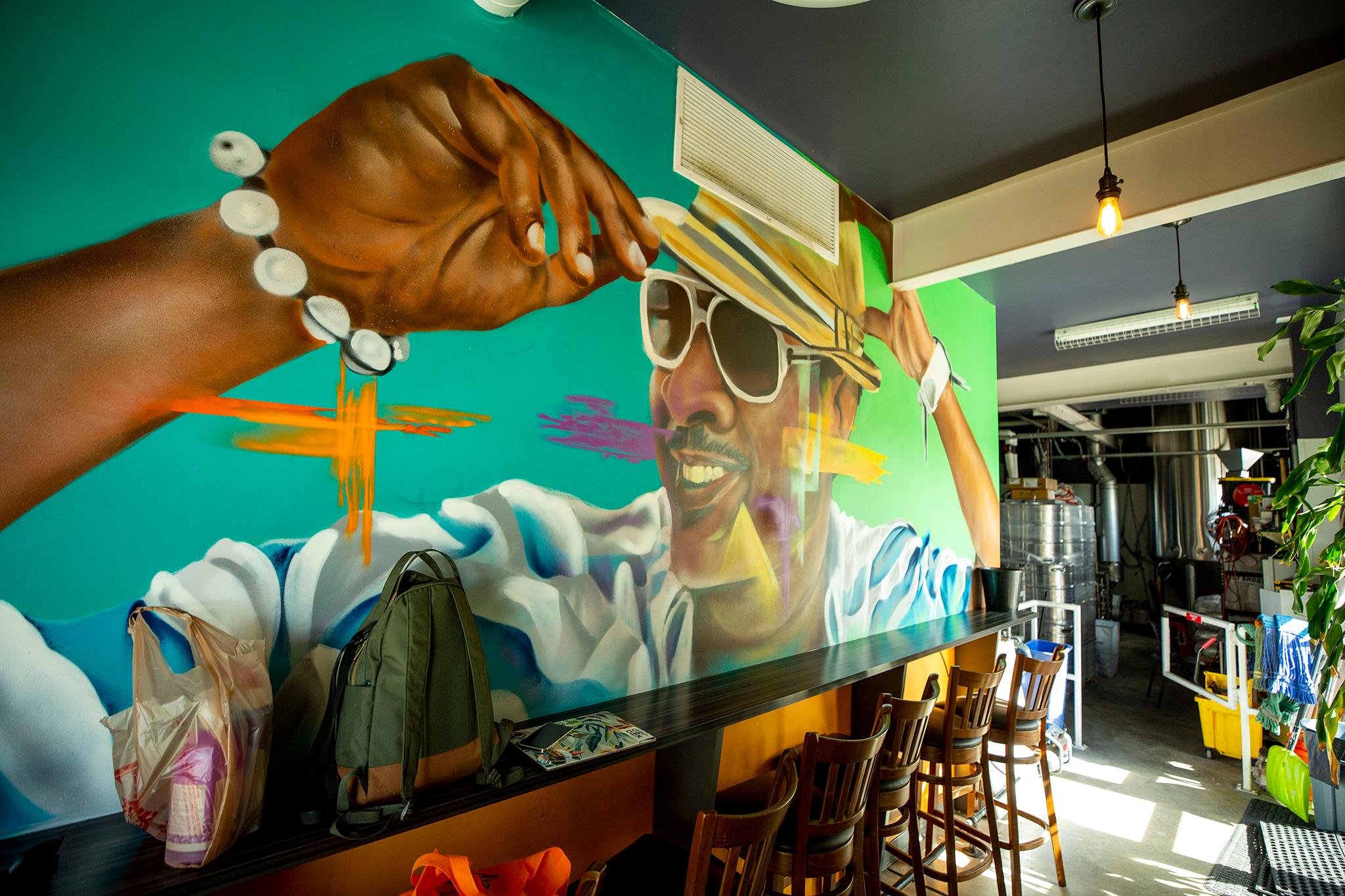
Escudero noted that by law, licensing programs can't be dictated by race.
"We can't legally have a licensing program that is race-based," Escudero said. "When you try to do that, it delays the program. So people who are waiting to have the opportunity are forced to wait longer. We believe they waited long enough...so it's not going to be just Black or brown people... It'll be people who were negatively impacted by the war on drugs."
James acknowledged that white people may have been "caught up in the trap" of excessive marijuana arrests and convictions, but the war on drugs, ultimately and to this day, still heavily impacts Black and brown communities.
"We don't need any more white ownership in Colorado," James said. "White people are taking advantage of the program, and they should be thoroughly ashamed...they will say, 'Well, my brother was arrested like your brother.' But here's the thing: We already have plenty of white owners. This program is not for white people. This program is for the people who went to prison. This program is based on the people whose communities were destroyed. This program is based on police brutality and the beatings."
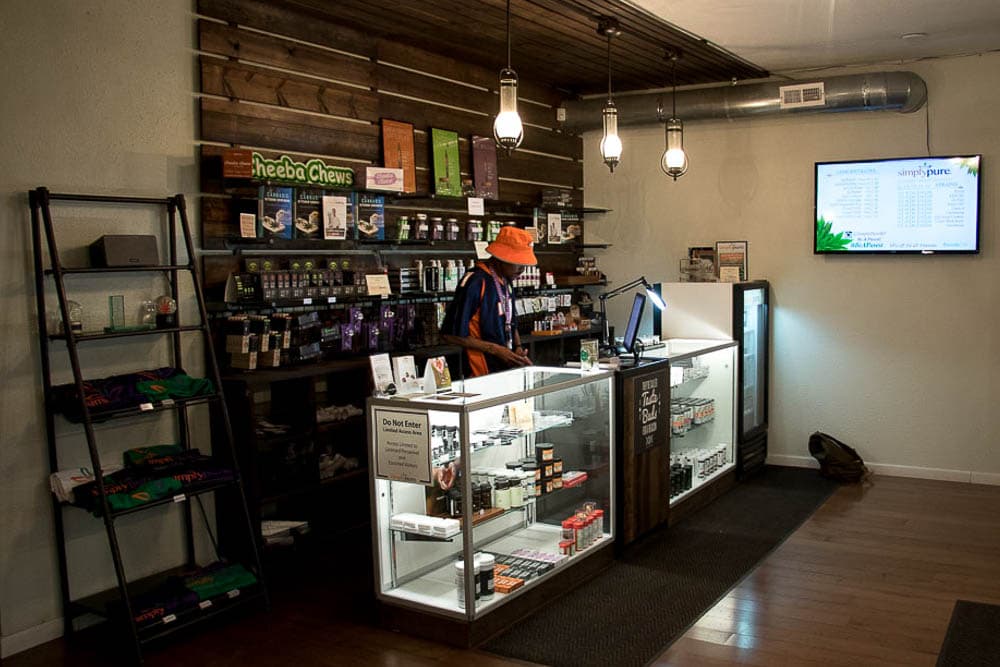
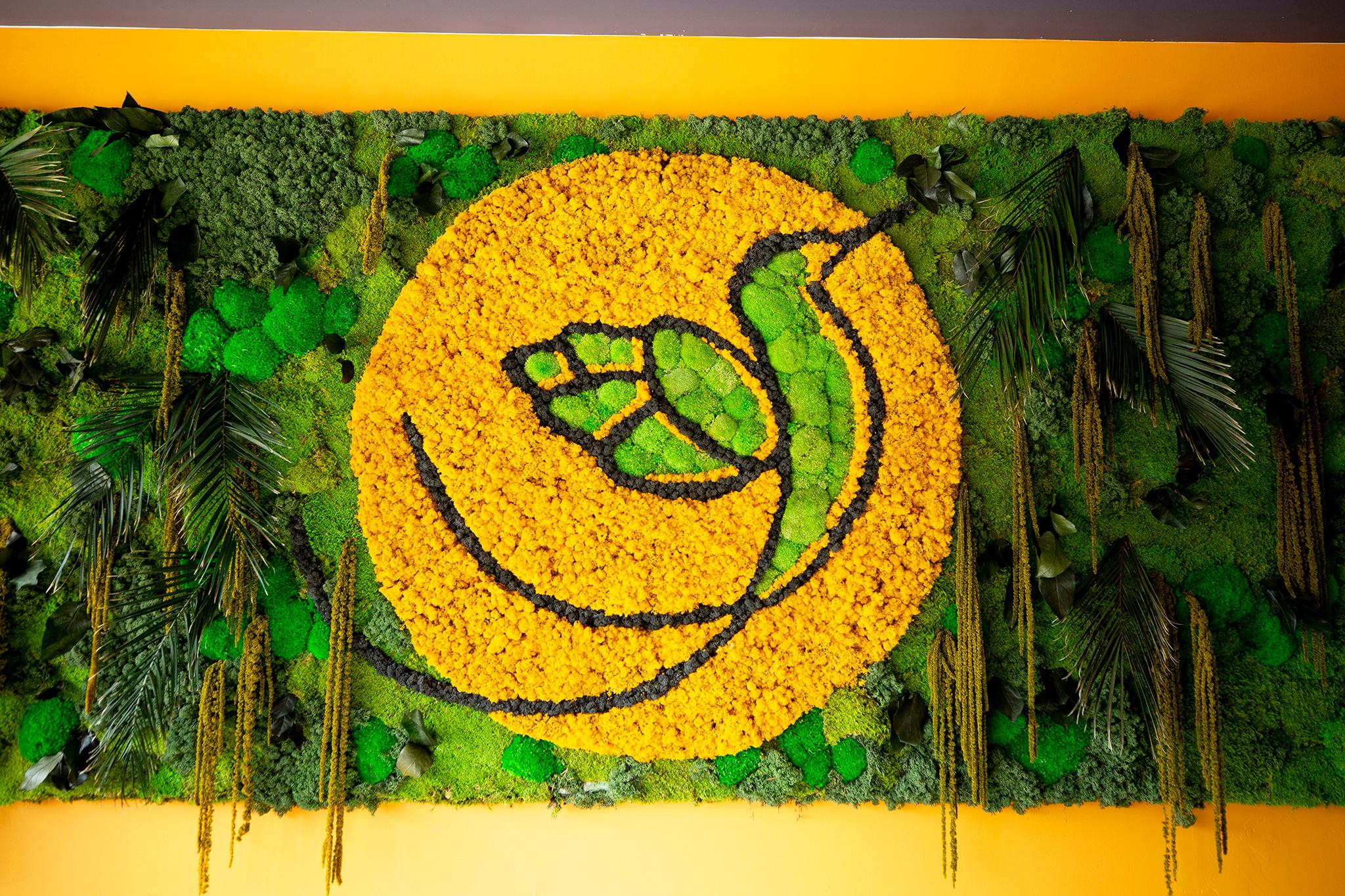
James added that the program doesn't help with the bigger issue of investment and finances and it doesn't eliminate zoning regulations.
Finding equitable ground in both fields requires white people to get uncomfortable, she said.
Brown said that means acknowledging that sometimes minorities aren't starting on the same playing field as their white counterparts.
Maragh said once people get over the hurdle of being uncomfortable, true equity discussions could be had. In the meantime, she adds simply supporting Black-owned breweries and dispensaries in Denver, or any Black-owned business, is always helpful.
"We need to have harder conversations on equity," Maragh said. "We need to put in more work, and we need more people that care."
Brown added, "America's a melting pot. People want to experience different things. But we have to focus on equity. You have to start from the same starting line for there to be a race."
Ownership is defined by whether a person has more than a 50% stake in the business. If we missed other Black-owned dispensaries or breweries, send us an email at [email protected]
Correction: We misidentified Census data regarding Denverites who identify as solely white. The previous number included people who also identify as Hispanic/Latino. That's been corrected.

